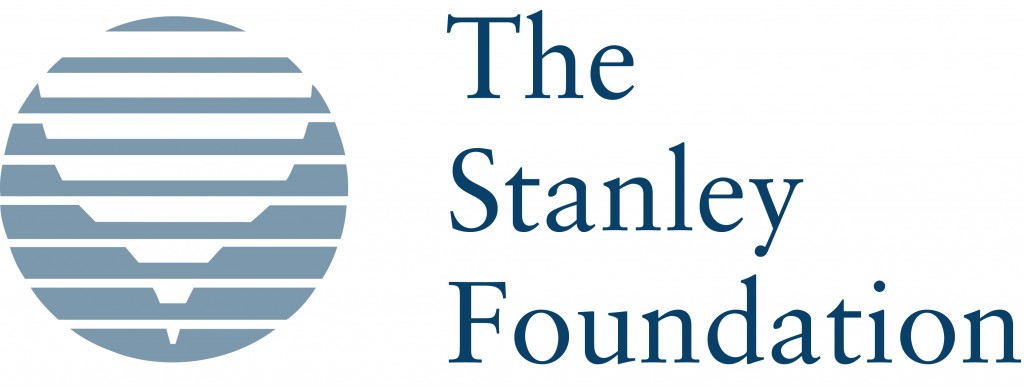Today’s realities demand positive international cooperation. Shared global challenges require creative multilateral solutions. Annual world leader summits like the G-8 and G-20 are free from the traditional trappings of fixed institutions like the United Nations. These gatherings adapt more easily to shifts in power, influence and political alignment.
|
The above is from the current Stanley Foundation website. I have had the great pleasure of working with various individuals and experts from this serious and effective US foundation. The Stanley Foundation (TSF) has been in the multilateral business for quite some time. As its website identifies, the Foundation began programming in 1960.
Now for decades TSF remained a strong and consistent supporter of the UN in all its efforts. It cooperated with the UN and held an annual meeting to examine and further the UN efforts to secure peace and justice. I was reminded of this decades-long work yet again by the piece on Sunday from Somini Sengupta the NYT’s UN correspondent. There, Somini reviewed the history of vetoes of the permanent members and jarred us once again with the reality that France and the UK – rather than say India or Brazil – continue to hold permanent membership. As suggested:
There is no point in examining the long and to date fruitless efforts to reform the UN. While the current President of TSF recently suggested in a piece entitled “Global Governance Reimagined” that as he put it, the UN is “… still the centerpiece of global governance” nevertheless the Foundation now acknowledges the much greater diversity of global governance marks contemporary global governance, or what I would call global summitry. Porter, it would appear, stresses the positive side of this. At the moment TSF is placing significant energy in three major, and important, subjects – nuclear material security, preventing genocide and the Foundation has more recently introduced a new area, climate change. These areas are important and highly relevant to furthering global order. But the question remains how does the Foundation tackle the broader concert diplomacy aspects of global governance? How does the Foundation capture and comment on contemporary multilateralism? This is particularly the case where US leadership, let alone those of the other great powers, are struggling to contain, or in some instances even exacerbating the tensions in the international order. The so-called return of geopolitics – in the Ukraine, Syria, Libya, Gaza-Israel, East and South China Seas – raise great problems in the search for order in the international system. Dealing with concert diplomacy in this fractious political environment – in a surge of geopolitics – is very tough. Where does TSF advance, or at least speak to, the broader m ultilateral approach of the US and the other great powers? Now Porter suggested that this greater complexity at the concert level could “well hold the seeds of opportunity for creating more-sophisticated approaches, greater resilience, more inclusiveness” and possibly more sustainable outcomes. But rather than wait for the next instalment of his views, I thought I would instead go ask the President. His answer in Part II |



